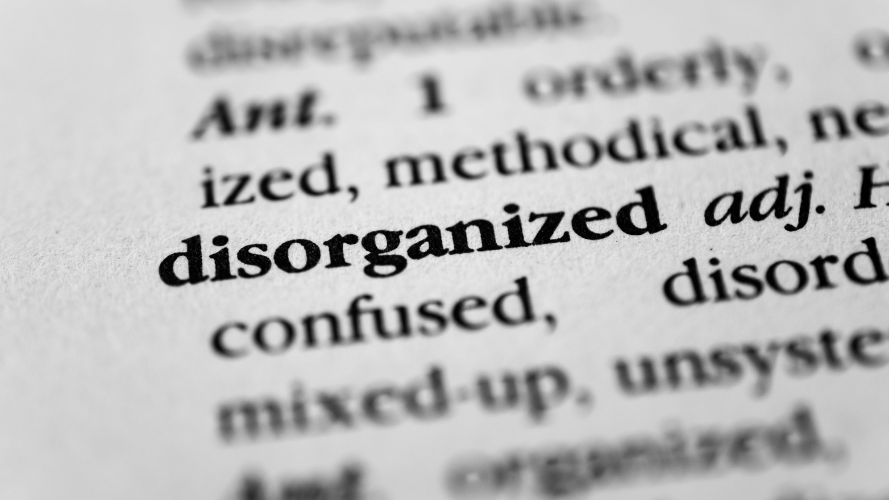Posts about Professional Organizing
Other Categories
Chronic Disorganization: What is it?
Most people feel scatterbrained, disorganized, and like they need to have a better handle on their schedule at times. Often…
The Institute for Challenging Disorganization
The Institute for Challenging Disorganization (ICD), is a nonprofit educational organization. It’s a community made up of medical, educational, and…
Gift of a Professional Organizer
Why Is Gifting the Service of a Professional Organizer a Fabulous Idea? I’ve explained before how gifting experiences can be…



